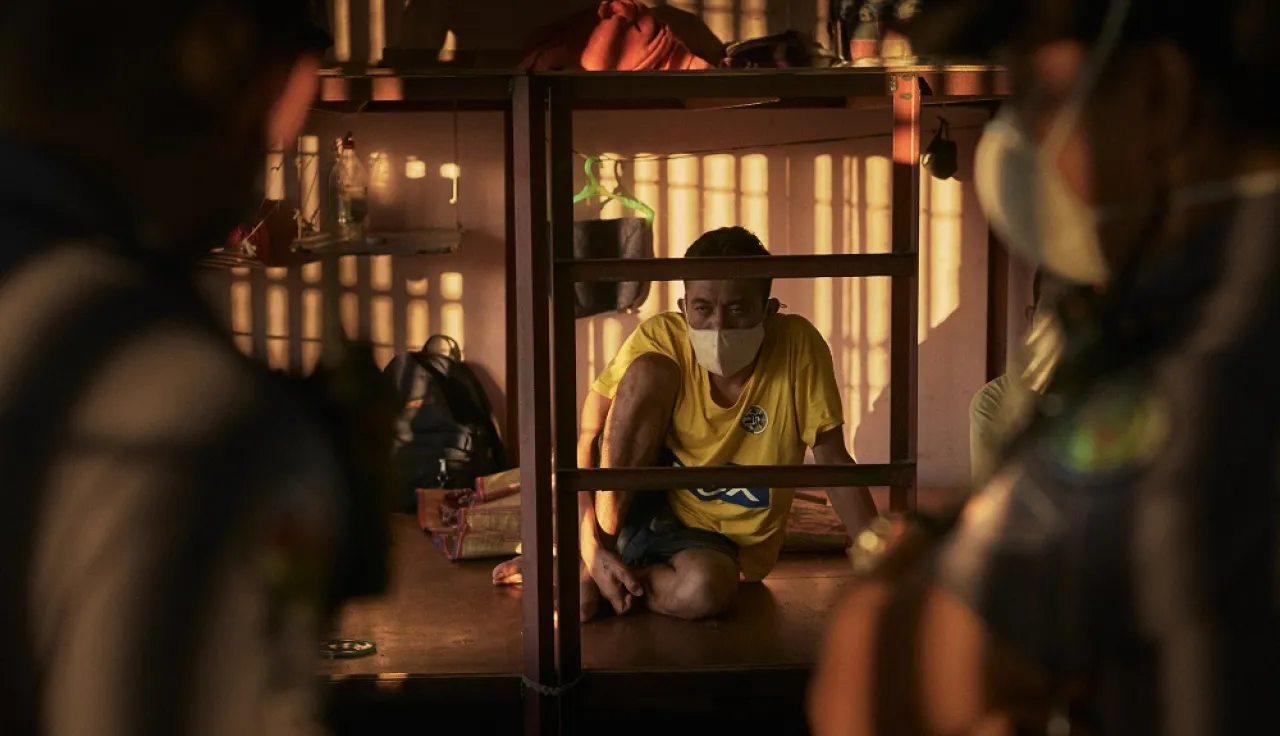COVID-19: Inclusive programming during the time of coronavirus

Ensuring assistance and protection addresses the needs of marginalized and at-risk people.
This paper brings together guidance and messages from the ICRC's Operations Diversity Inclusion, Sexual Violence and Protection from Sexual Exploitation and Abuse teams, in collaboration with the Global Adviser on Children. Its purpose is to support the ICRC's delegations and métiers in their response to coronavirus disease (COVID-19), an infectious disease caused by a newly discovered coronavirus. The guidance focuses on the initial phases of the response, including contingency planning, adapting and possibly scaling back current activities and strengthening and establishing new activities and partnerships to respond to the coronavirus in the humanitarian contexts in which it works.
Inclusive programming during COVID-19 – Why?
In emergencies, already marginalized people are often rendered even more vulnerable. COVID-19 is no different; it will have disproportionate effects on various groups in society, in communities and even within households. We must be mindful of this in our response and strive to identify and respond to the needs of everyone: the visible and vocal and the less visible/invisible and silent. In this way, we can support marginalized and at-risk populations, by offering them priority assistance and engaging them in decision-making processes around the response, resilience building and risk reduction.
Inclusive programming during COVID-19 – Who?
In most societies in general, women, older people, children, adolescents and young people, persons with disabilities, internally displaced persons (IDPs), people from minority groups and persons deprived of their liberty experience, to different degrees, greater socio-economic marginalization than others. Where more than one of these factors intersect or combine with others (e.g. an adolescent girl from a minority group with a disability or a young gay man in detention), the degree of vulnerability increases.
During the COVID-19 health emergency, the individuals and groups most at risk include those who have underlying health conditions or are receiving treatment/care; those who are in closed environments (e.g. deprived of their liberty); those who have relatively unequal and inadequate access to basic social services, including health and sanitation (e.g. clean water for hand washing); those who have relatively little local and national influence; those who depend heavily on the informal economy; those who have limited capacities, choices, strategies and opportunities to cope and adapt; and those with limited or no access to communication and information channels (including language minorities, people with low literacy and people that communication campaigns do not take into account and do not therefore reach with their messages).
The ICRC helps people around the world affected by armed conflict and other violence, doing everything it can to protect their lives and dignity and to relieve their suffering, often with its Red Cross and Red Crescent partners. The organization also seeks to prevent hardship by promoting and strengthening humanitarian law and championing universal humanitarian principles.
Read more about our global response to the coronavirus disease COVID-19.



